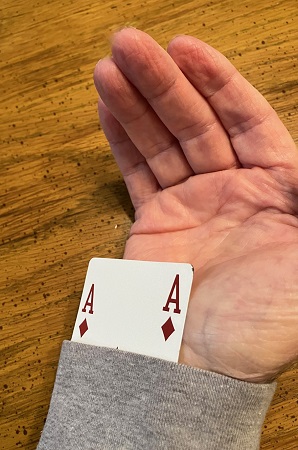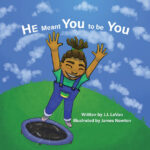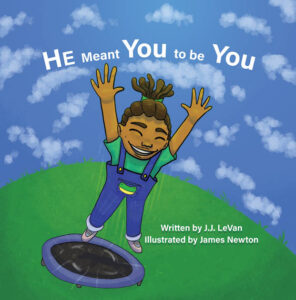Wild Goose Chase
 I have gone on a few wild goose chases. How about you?
I have gone on a few wild goose chases. How about you?
A wild goose chase means a pursuit certain to fail.
We waste our time when we chase the impossible. Although a hopeless effort, we try anyway.
The earliest meaning of wild goose chase differs from today’s.
According to The Free Dictionary, “This idiom originally referred to a form of 16th-century horseracing.” It required riders “to follow a leader in a particular formation.” The horses mimicked a flock of geese in flight.
We love to watch wild geese in flight.
However, we will probably never be able to catch them.
Likewise, we love to dream big dreams.
Seemingly impossible dreams may be possible. More often, we must accept our limits. If we ignore reality, our goose is cooked.
A wild goose chase differs from a God-sized dream.
Both challenge us.
- A wild goose chase takes us nowhere.
- A God-sized dream leads us beyond our wildest imagination.
May God, who created the birds of the air, guide us in the dreams we chase.
“Those who work their land will have abundant food, but those who chase fantasies have no sense” (Proverbs 12:11 NIV).
Thanks to Janna Babak for the suggestion. Photo courtesy of Pixabay.
Do you have an expression you want explained or a thought about this one? If so, please comment below.
Subscribe to receive my weekly posts by email and receive a free copy of “Words of Hope for Days that Hurt.”
If you enjoyed this post, please share it with your friends.











